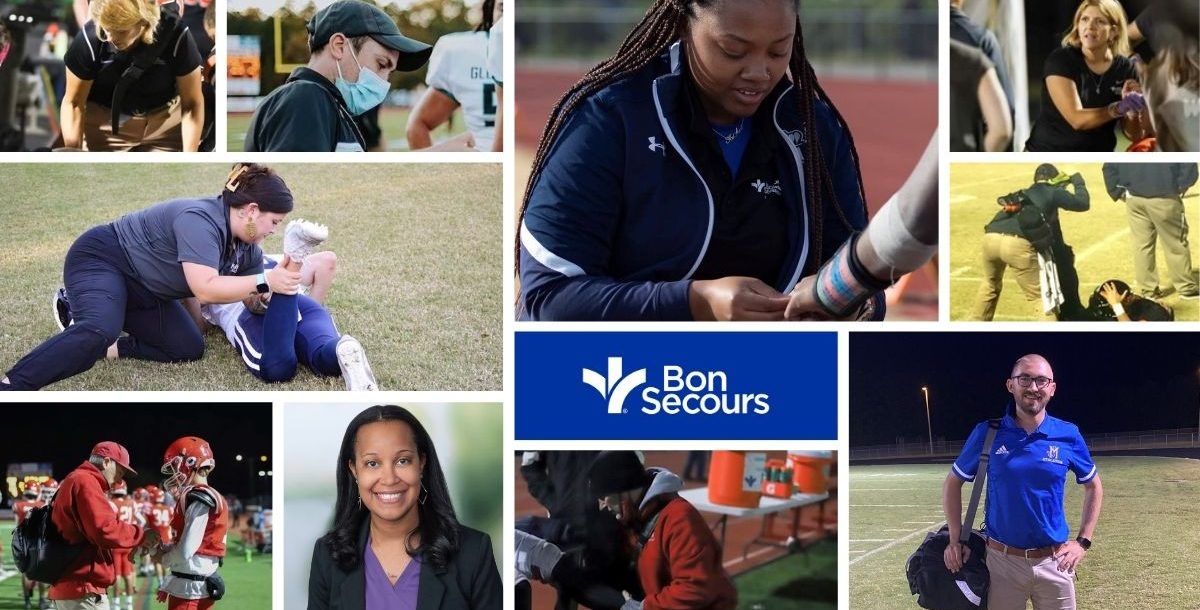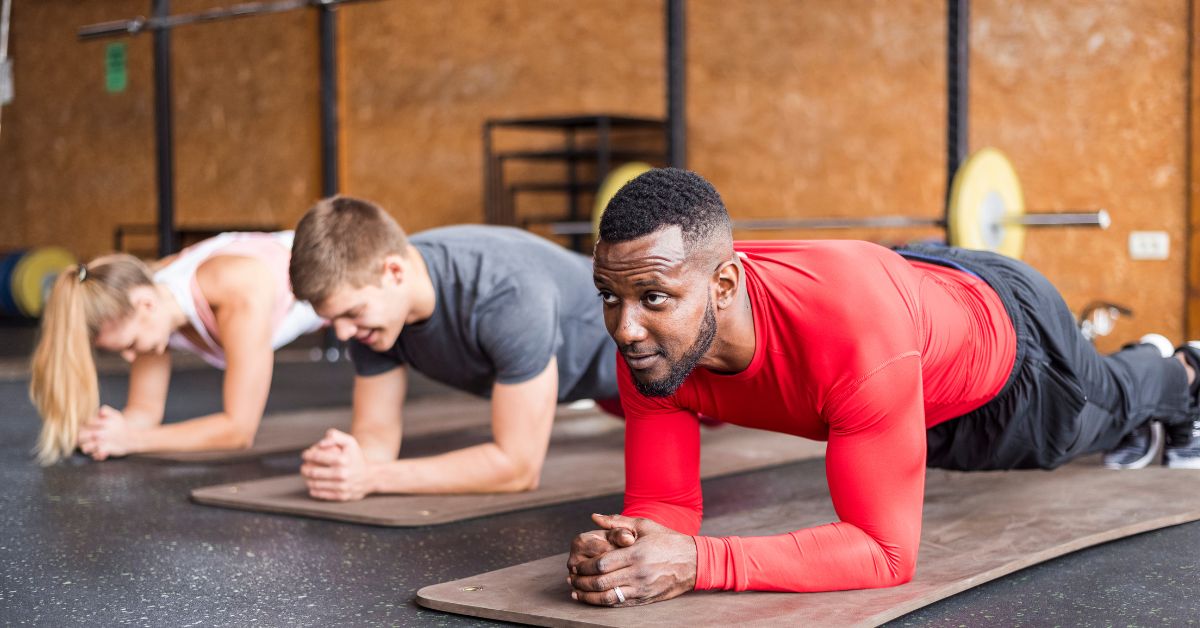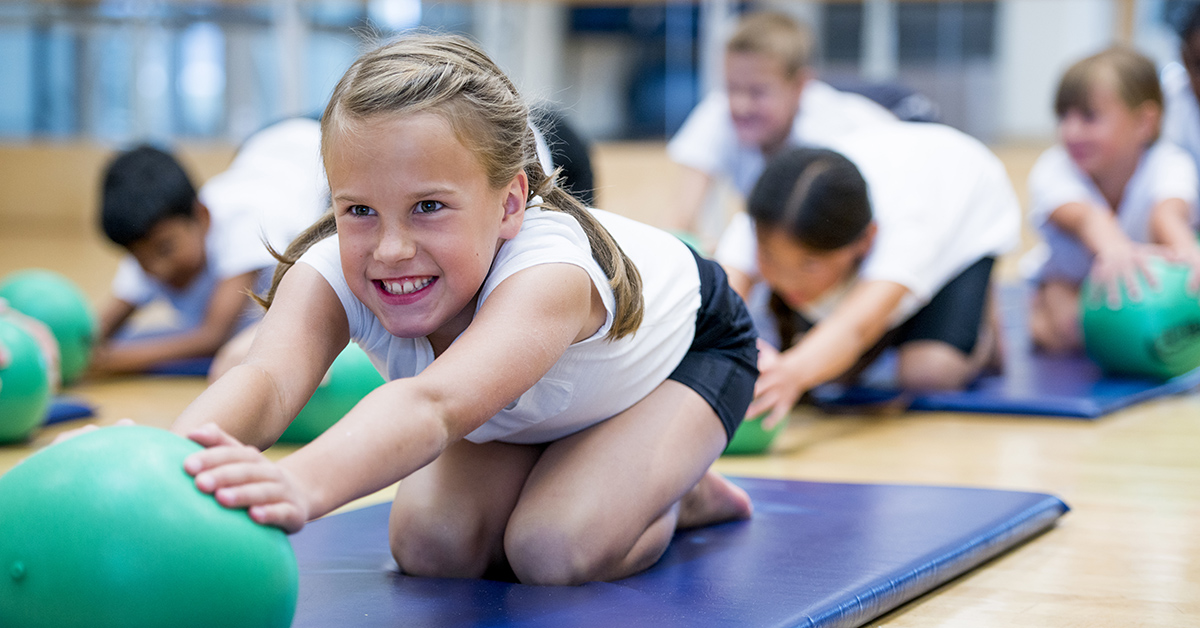With the school sports season well underway, it’s important for athletes to maintain their health and well-being throughout the year.
This is where our athletic trainers come in.
They play a very important role behind the scenes in helping keep athletes healthy and in tip-top shape.
“The role of an athletic trainer is multifaceted and primarily focuses on the health and wellbeing of athletes and individuals engaged in physical activities,” Shanae Norman, MS, MBA, LAT, ATC, manager of athletic training services in our Richmond market, explains. “Athletic trainers are responsible for the prevention, assessment, treatment and rehabilitation of injuries and illnesses related to physical activity. They work closely with athletes, coaches and medical professionals to ensure the safety and optimal performance of whom they are working with.”
“Being an athletic trainer is such a rewarding role, especially when you can support athletes in their recovery and help them return to the activities they’re passionate about,” Shelly Mickens, MS, LAT, ATC, an athletic trainer at Powhatan High School, adds.
Our athletic trainers take an active role in helping prepare athletes for the sports season by implementing various strategies and practices that contribute to athletes’ readiness, such as the following:
- Working with administration and coaches to develop off-season practice schedules that help athletes acclimatize to the demands of their sport, ensuring they are physically prepared for the upcoming season.
- Monitoring health before and during the playing season to prevent injuries and ensure they are in optimal condition to perform.
- Emphasizing the importance of proper hydration and nutrition, ensuring athletes maintain optimal performance and health through practices and games.
- Designing and implementing training programs that focus on strength, speed and agility to reduce the risk of injuries during the season.
- Creating personalized training programs that are tailored to the specific needs of each athlete, considering their fitness level, training age and specific goals.
- Ensuring that all practices are conducted safely, using techniques that minimize the risk of injuries and promote optimal performance.
There is a level of collaboration involved in the work of an athletic trainer, and at the heart of these strategies and practices is the goal of keeping athletes at their best.
Our athletic trainers work in various settings.
You can find them on the sidelines during sports events as well as in our orthopedic and sports medicine practices, physical therapy clinics and more.
“For many athletes we work with, we are the only health care providers they have access to,” Shanae shares. “We can provide a certain level of care without any added stress or cost.”
Shelly adds, “Treating athletes from time of injury to seeing them back on the field excelling reminds you how important this profession is, since many athletes wouldn’t have access to care otherwise.”
For Shanae, what she enjoys most about being an athletic trainer is “interacting with the athletes and their families and being able to play an integral role in their medical care from the onset of injury to return to the field.”
Christopher Brill, LAT, ATC, an athletic trainer on our Richmond team who is the head athletic trainer of Mills E. Godwin High School, shares that his favorite part of being an athletic trainer is “being the first line of medical care for my injured athletes and helping them with their care and rehabilitation to get back to the sport they love.”
He continues, “I love being part of my school community since I’ve been with the same high school for 26 years. I also love mentoring students in the athletic training room who want to go on to the medical field. I have former students who are nurses, athletic trainers, physician assistants, physical therapists, nurse practitioners and doctors.”
We are thankful for our athletic trainers and the care they provide for our athletes and our community.
And to those athletes preparing for an upcoming sports season, Christopher shares the following message: “See your athletic trainer right away when you have an injury or are not feeling right. I’ve had too many athletes wait to come in to see me where if they would have come in sooner, they wouldn’t have missed as much time in their sport.”
“The dedication and effort during the season really pays off and the off-season is such a crucial time for growth and improvement. It’s all about building on that foundation and coming back even stronger,” Shelly shares.
Shanae also adds a message to athletes, “Start slowly, stay hydrated and eat healthy. Get rest, be smart and have fun!”
Learn more about the sports medicine services we provide at Bon Secours.





